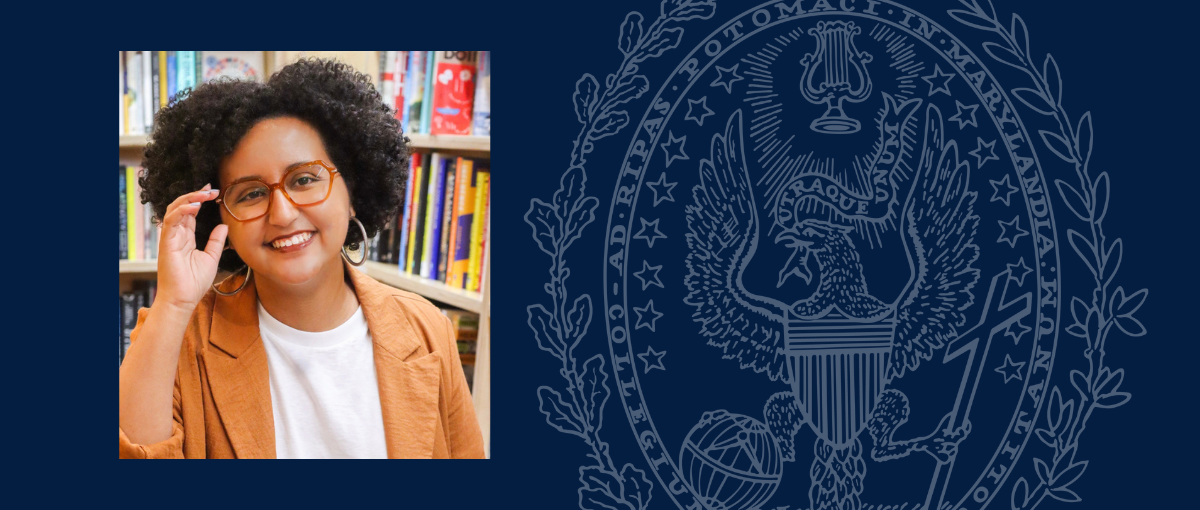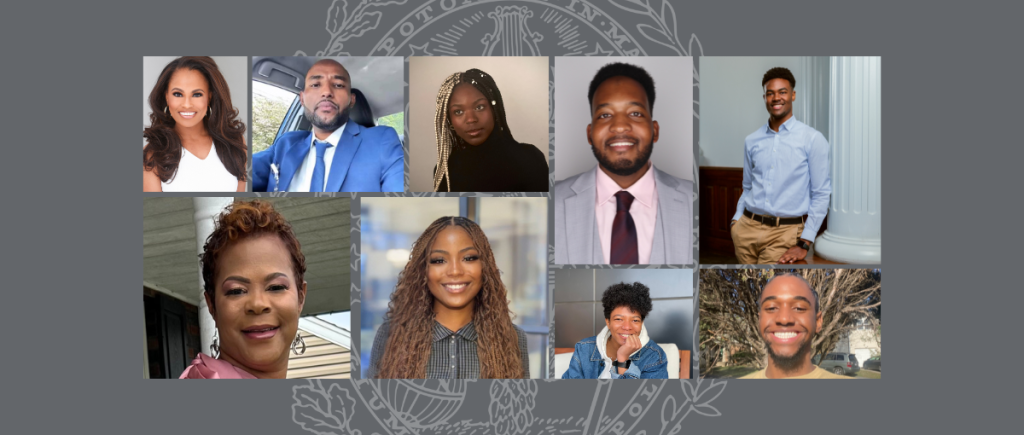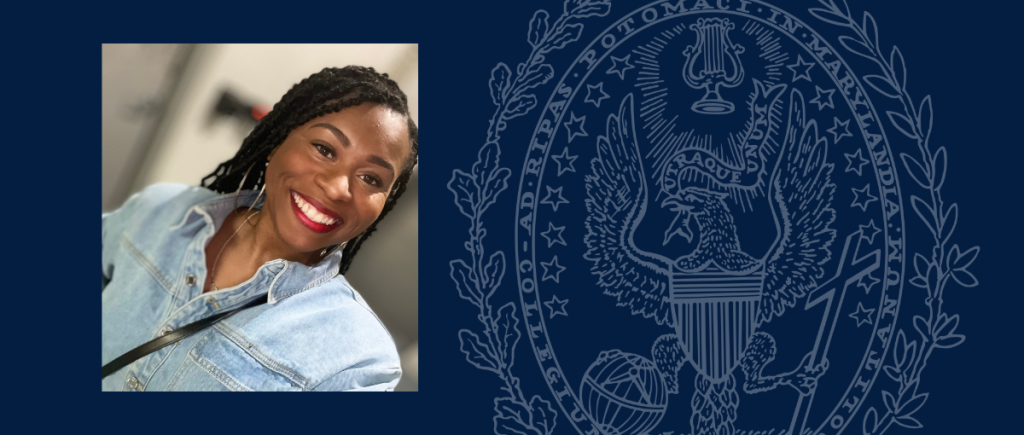Bezawit Yohannes (G’20) Reflects on Black History Month
The Graduate School joins the nation in celebrating and honoring Black history, culture and achievements during Black History Month. We invite you to read the story of Bezawit Yohannes, a 2020 graduate of the Master of Arts in English at Georgetown University. She shares stories about her community, culture and achievements, and hopes for more recognition for people of color within the publishing industry.
Yohannes is an assistant marketing manager with Simon & Schuster Children’s Publishing, as well as a freelance writer, co-host of the Dreaming in the Dark podcast and a book reviewer.
What brought you to Georgetown?
I wanted to pursue a graduate degree and further delve into research areas I was passionate about, specifically medieval studies and Black speculative literature & media, and I wanted to do it in the DMV area. So I was thrilled to be offered a scholarship to study English literature at Georgetown and teach writing through the Community Scholars Program.
What makes you most proud to be a member of the Black community?
I love the fullness and complexity of Black diasporic cultures, containing a wide variety of ethnicities, beliefs and experiences. At the same time, literature & media by Black people and even mediums like Black Twitter show that there are so many commonalities in how we move through and understand the world.
What is something you wish more people knew or understood about the Black experience?
There’s no one experience. There are certainly commonalities in our experiences, but essentializing the breadth of Blackness to a singular “Black experience” is unhelpful when non-Black people try to relate to the Black people in their life.
When do you feel closest to your community?
As a Black person, I don’t just have one community of Black people in my life — I have my friends, my family, the Ethiopian community I grew up around, various fandoms with other Black fans for Black characters in media, etc. There’s such a wide variety of ways I relate to and plug into those different spaces. One way I interact with larger Black communities is definitely online through social media, which allows me to be in conversation with people I may not have ever met in real life otherwise.
How can people show solidarity during this month and beyond?
Recognize that advocating for solidarity to non-Black people, especially in recent years, is exhausting. A very simple place to start is not tokenizing your Black coworkers and friends, and supporting a variety of Black creators and Black media year-round, not just when tragedy happens.
Where are you now, and how do you use the lessons from your program in your daily life?
I’m a marketer for children’s book publishing in New York, and I continue to use the communications, creative and literary skills I developed in grad school, as well as my passion for the Black fantastic, to best promote meaningful books for young readers and particularly kids of color.
What’s your favorite movie, novel or quote that celebrates Black history and culture?
My recent favorite movie is “The Blackening”; my favorite novels are Sula by Toni Morrison and, specifically for Ethiopian history, The Shadow King by Maaza Mengiste.
My favorite quote is: “For every real word spoken, for every attempt I had ever made to speak those truths for which I am still seeking, I had made contact with other women while we examined the words to fit a world in which we all believed, bridging our differences.” – Audre Lorde, ‘The Transformation of Silence into Language and Action’



